Economic Headwinds and Global Factors Impact Investor Confidence
Key challenges facing the continent’s investment landscape:
- Economic Headwinds: Factors such as weak currencies and high inflation have dissuaded investors, leading to a 31% decline in venture capital inflows to US$4.5 billion.
- Reduction in Deals: The number of deals decreased to 545 from a record 781 in 2022, indicating a significant drop in investor activity.
- Withdrawal of North American Investors: North American investors contributed significantly to the decline in investor numbers, accounting for 50% of the overall decrease. This withdrawal overshadowed the retreats of European and Asia-Pacific investors.
- Global Economic Factors: Challenges such as declining global liquidity, rising geopolitical conflicts, and challenging macroeconomic conditions prompted investors to spread their assets across different regions to mitigate risks. African economies facing high inflation and currency devaluation were particularly affected by foreign investor retreats.
- The shift in Investment Focus: Investors who made opportunistic investments in Africa exited in favor of more familiar markets, highlighting the need for long-term commitment and indigenous capital allocators dedicated to the continent’s development.
- Impact on Start-ups: The funding drought forced some tech and start-up firms to limit cross-border expansion plans, reduce operations, or close altogether. For example, Paystack, a Nigerian start-up, cut workers in Europe and the United Arab Emirates to refocus on its African operations.
- Regional Trends: West Africa, particularly Nigeria, attracted the largest proportion of venture capital deal volume, driven by sectors such as the financial industry, IT, and consumer discretionary.
Overall, the decline in venture capital inflows reflects a challenging investment environment in Africa, characterized by economic uncertainties and a need for sustained commitment from both local and international investors to support the growth of the continent’s technology and start-up ecosystem.
In a recent survey conducted by the African Private Capital Association, it has been revealed that venture capital inflows into African technology and start-up firms experienced a notable decline in 2023, reaching US$4.5 billion. This represents a 31% decrease from the previous year, signaling significant challenges for the continent’s burgeoning start-up ecosystem.
The survey identified various factors contributing to this decline, including economic headwinds such as weak currencies and high inflation. These challenges have deterred investors, resulting in a reduction in both the number of deals and the number of active investors in the region.
Of particular note is the withdrawal of North American investors, which accounted for 50% of the overall decrease in investor numbers. This withdrawal, coupled with global economic factors such as declining liquidity and rising geopolitical tensions, has prompted investors to reallocate their assets to more familiar markets, leaving African economies grappling with high inflation and currency devaluation.
The consequences of this funding shortfall are palpable within the start-up community, with some tech firms being forced to scale back cross-border expansion plans or even shutter operations entirely. For instance, Paystack, a Nigerian start-up and unit of Stripe, was compelled to downsize its workforce in Europe and the United Arab Emirates to refocus on its African operations.
Despite these challenges, there are regional bright spots within Africa’s start-up landscape. West Africa, led by Nigeria, remains an attractive destination for venture capital investment, particularly in sectors such as finance, information technology, and consumer discretionary.
However, amidst this downturn, there is a pressing need for sustained commitment from both local and international investors to support the growth and resilience of Africa’s start-up ecosystem. As economic uncertainties persist, fostering indigenous capital allocators with a long-term vision for the continent’s development becomes increasingly imperative.
The decline in venture capital inflows serves as a stark reminder of the obstacles facing African start-ups but also underscores the resilience and potential of the continent’s entrepreneurial spirit in overcoming these challenges.

































